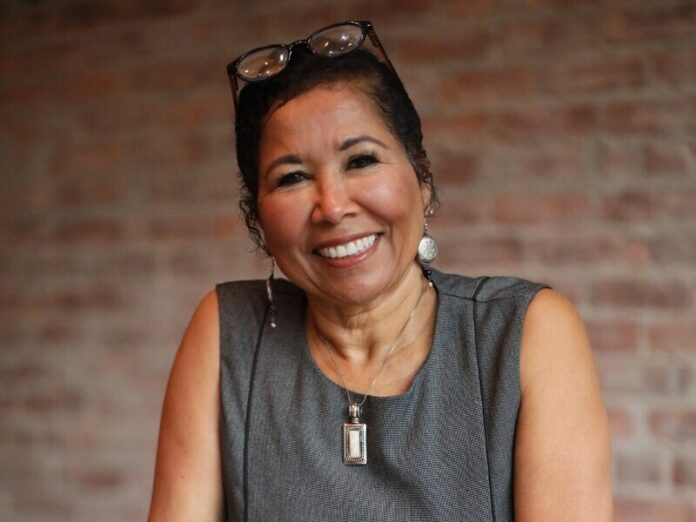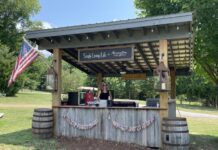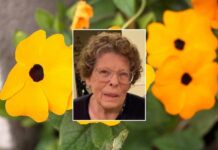
MURFREESBORO, Tenn. — Middle Tennessee State University will host author and social justice advocate Celia Williamson for a public lecture on March 20, 2024 as part of the university’s observance of Social Work Month and National Women’s History Month.
Williamson will present “Human Trafficking: Putting a Name to My Face” beginning at 6 p.m. Wednesday, March 20, in Room 104 of Academic Classroom Building, 1751 MTSU Blvd.
The Global Slavery Index reported 1.1 million people trapped in some form of modern-day slavery in the United States and the U.S. Department of State estimates 27.6 million worldwide.
“Human trafficking is modern-day slavery and is the second fastest-growing criminal industry, just behind drug trafficking. And sex trafficking is a billion-dollar business,” said event organizer Violet Cox-Wingo, faculty lecturer in the MTSU Department of Social Work.
To raise awareness of the global issue that is becoming increasingly more prevalent in Tennessee, the Department of Social Work invited Williamson, who is executive director of the Human Trafficking and Social Justice Institute at the University of Toledo in Ohio, to discuss ways professionals and community members alike can recognize victims and what to do to help.
According to the Department of State, traffickers compel victims to engage in commercial sex and to work in both legal and illicit industries and sectors, including in hospitality, traveling sales crews, agriculture, janitorial services, construction, landscaping, restaurants, factories, care for persons with disabilities, salon services, massage parlors, retail services, fairs and carnivals, peddling and begging, drug smuggling and distribution, religious institutions, child care, and domestic work.
Over Williamson’s 30-year career, she has seen firsthand the wide-ranging effects of human trafficking on victims. Raised in a poor urban community in Toledo, Ohio, three of her friends were victims of sex trafficking.
“One was murdered, one became addicted to drugs and the other escaped to a different state,” Williamson said. “I decided to take my father’s advice, use my time and energy for the good, and go to college.”
In 1993, she spent six months working to help prostituted women and eventually built the first direct service anti-trafficking program in Ohio and worked directly with victims to assist and advocate for them.
After earning a Ph.D. in 2000, she launched the first International Human Trafficking and Social Justice Conference in 2004 and it remains the largest and oldest academic conference of its kind in the nation.
From there Williamson has published articles, reports and authored, “A Seat at the Table: The Courage to Care About Trafficking Victims.” She serves as an associate editor for the Journal of Human Trafficking, is president of the Global Association of Human Trafficking Scholars and hosts the Emancipation Nation Podcast.
The topic of Williamson’s lecture is “particularly relevant today given the increased number of cases of human trafficking reported in the state of Tennessee,” Cox-Wingo said.
Cox-Wingo said college campuses are “fertile grounds” for traffickers to lure victims and upwards of 85% of victims are women, according to the American Association of University Women.
“The goal for this program is to provide community education, training, and interventions trainings. We believe increased awareness, education and understanding will yield positive outcomes,” Cox-Wingo said.
“Human Trafficking: Putting a Name to My Face” is free and open to the public.
The Academic Classroom Building is located at 1751 MTSU Blvd. A searchable campus parking map is available at http://tinyurl.com/MTSUParkingMap. Doors open at 5:30 p.m. and the program starts at 6 p.m. For more information, contact [email protected].
The event is co-sponsored by the Distinguished Lecturer Fund, College of Behavioral and Health Sciences, Department of Social Work, Department of Criminal Justice Administration, Department of Sociology and Anthropology, Women’s and Gender Studies, National Women’s History Month Committee and the June Anderson Center for Women and Nontraditional Students.
More National Women’s History Month activities going on throughout March can be found at mtsu.edu/jac/nwhm.php. Events are free and open to the public.































